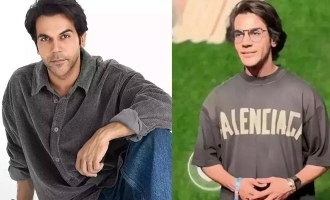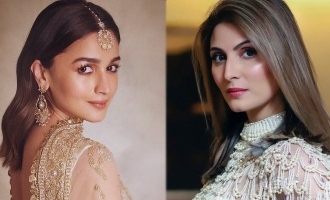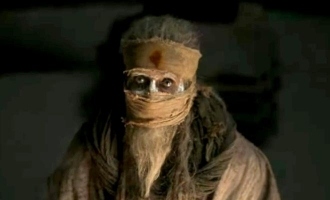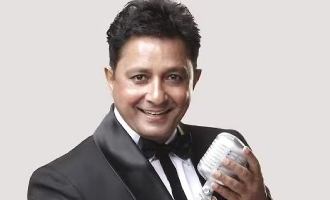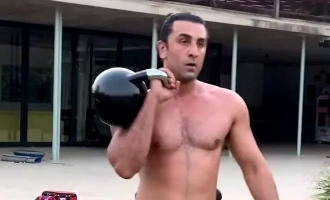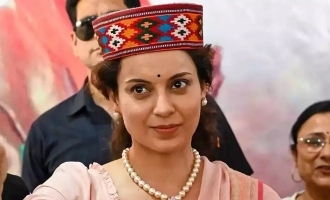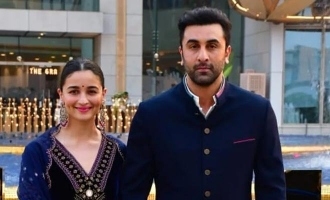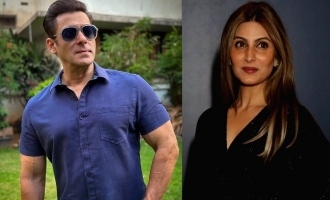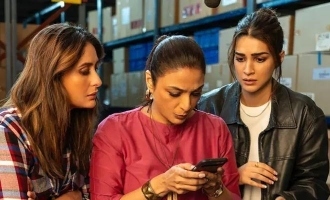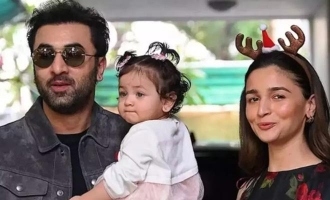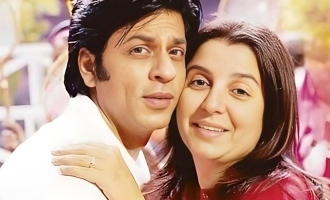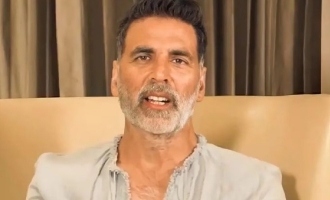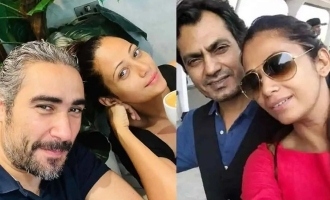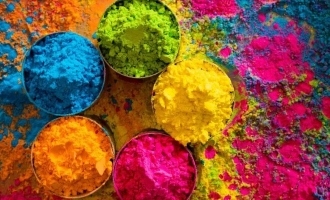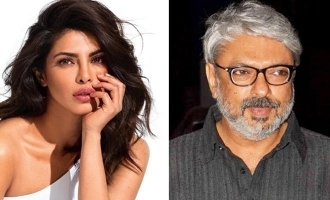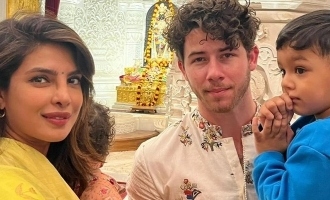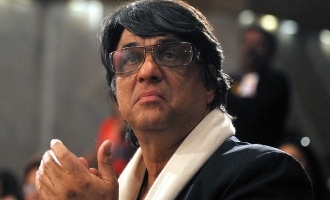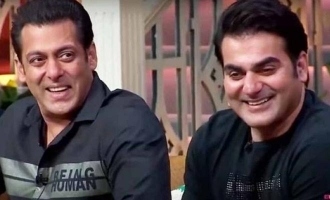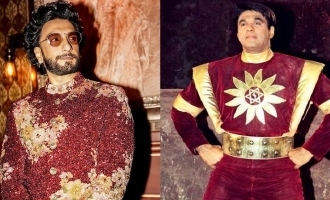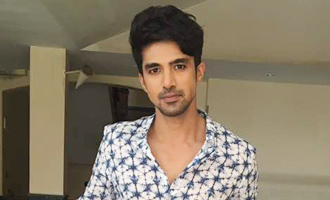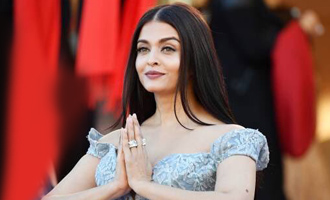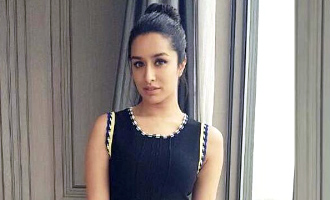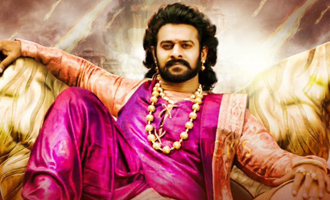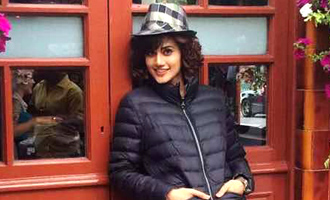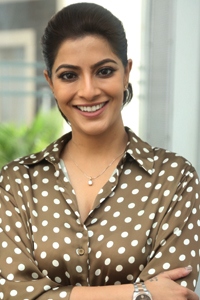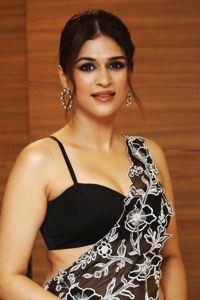Shah Rukh, Dilip Kumar invited to Pakistan


Send us your feedback to audioarticles@vaarta.com


Indian superstar Shah Rukh Khan and thespian Dilip Kumar have been invited to Pakistan to take part in a conference on Hindko - a language spoken by Pathans.
"We have invited both men as their ancestors belonged to this part (of the country)," said Adnan Gull, vice chairman of the Gandhara Hindko Board, which is holding the Nov 19-20 meet.
The parents of Shah Rukh Khan lived in Peshawar, as did Dilip Kumar, before they moved to India during the sub-continent's partition in 1947. This is not the first time that the octogenarian Dilip Kumar has been invited to Pakistan. He has visited the country earlier, and has been warmly welcomed.
However Shah Rukh Khan, who is called Dilip Kumar-II by his fans, has never been to Pakistan.
"We haven't yet received any reply from both the Indian stars but we are hopeful they will consider our request," said Gull. He said 11 other invitees from India had confirmed their participation.
Hindko is an ancient language spoken in northern Pakistan, mainly in the North West Frontier Province, Punjab and Kashmir by an estimated 2.2 million people. Hindko speakers are commonly referred to as Punjabi Pathans or simply Pathans.
Gull said that literary figures from the US and Britain, who have rendered valuable services for the promotion of Hindko, would also attend the conference.
Gull regretted that though it was the second largest language after Pashto in the region, Hindko still lacked official patronage.
He said the Literary Academy of Pakistan had in 1987 formally approved the formation of a Hindko Academy, but the resolution still awaited implementation.
In 1997, the government announced it would establish a separate Hindko faculty in Peshawar University but this had not been done.
He said the board had published 14 books on the 2,000-year-old language and brought out a dictionary. The board had also started publishing a journal titled 'Hindkowan'.
Follow us on Google News and stay updated with the latest!
More News
Headlines
Cinema News
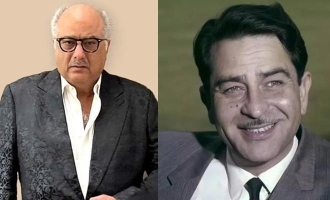 Boney Kapoor reveals raj kapoor lived in servant quarters
Boney Kapoor reveals raj kapoor lived in servant quarters
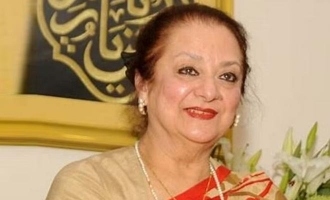 Saira Banu weighs in the clash between mimtaz and zeenat aman
Saira Banu weighs in the clash between mimtaz and zeenat aman
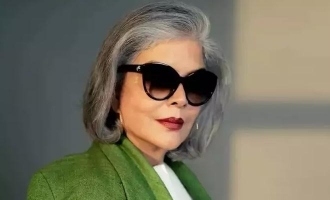 Mumtaz calls out Zeenat Aman's comments on live in relationship advice
Mumtaz calls out Zeenat Aman's comments on live in relationship advice
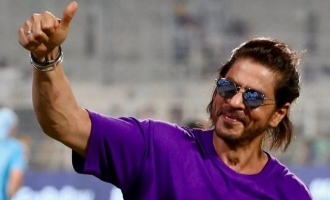 Shah Rukh Khan wins hearts at at IPL match KKR
Shah Rukh Khan wins hearts at at IPL match KKR
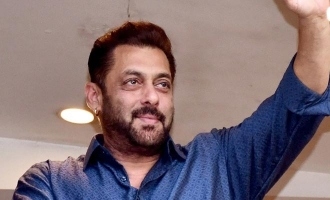 larence bishnoi suspected in salman khan house shooting
larence bishnoi suspected in salman khan house shooting
 Gunshots fired outside Salman Khan's residence in bandra
Gunshots fired outside Salman Khan's residence in bandra
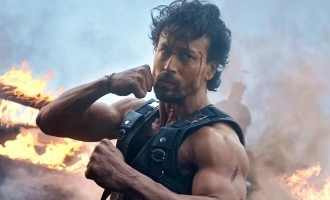 Tiger Shroff s Soaring Success A Spotlight on His Impact in Bade Miyan Chote Miyan
Tiger Shroff s Soaring Success A Spotlight on His Impact in Bade Miyan Chote Miyan
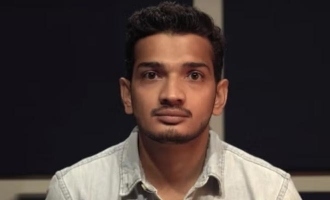 Bigg boss winner and comedian Munawar Faruqui pelted by eggs in a visit to a sweet shop
Bigg boss winner and comedian Munawar Faruqui pelted by eggs in a visit to a sweet shop
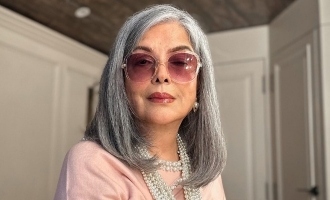 zeenat aman advises about relationship test love with live-in relationship before marriage
zeenat aman advises about relationship test love with live-in relationship before marriage
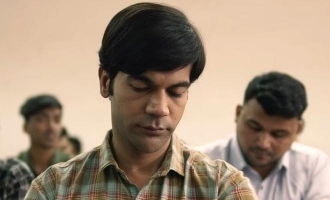 Rajkummar Rao shine in Srikanth bolla's biopic "Srikanth" trailer released
Rajkummar Rao shine in Srikanth bolla's biopic "Srikanth" trailer released




 Follow
Follow